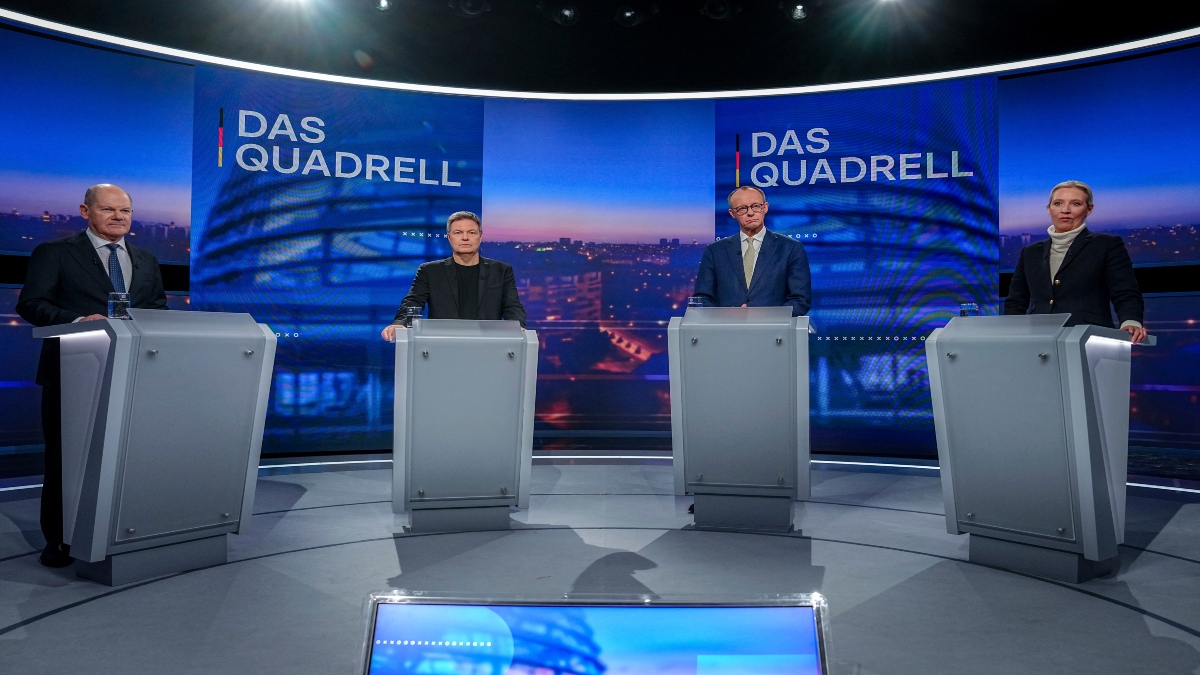As Germany’s general election approaches on Sunday, a considerable number of potential voters remain undecided, increasing the likelihood of last-minute swings that could influence the final result.
According to a Politico report, citing YouGov poll conducted for the German Press Agency, 20% of potential voters will make their decisions in the days leading up to the election, with 7% indicating they will decide on the day itself.
According to the survey, traditional news sources continue to be the main source of election information, with 63% of voters obtaining their news from television, newspapers, radio, and online news portals.
Moreover, personal conversations with family, friends, and colleagues significantly influence decisions, as 42% of respondents reported rely on these discussions.
According to the report, citing the survey, social media’s influence varies widely by political affiliation.
Overall, 27% of voters use platforms like Facebook, X, Instagram, TikTok and YouTube for election information.
Supporters of the far-right Alternative for Germany (AfD) show a significantly higher reliance on social media, with 40% of its backers using it as a source of information.
Similarly, 43% of supporters of the far-left party, The Left, also turn to social media.
In contrast, only 13% of voters supporting the center-right Christian Democratic Union (CDU) and its Bavarian counterpart, the Christian Social Union (CSU), rely on social media.
Impact Shorts
More ShortsThe survey found that while 26% of voters feel the final weeks of campaigning have influenced their choices, 38% had already made their decisions.
With many voters still undecided, the last days of campaigning could be crucial in shaping Germany’s next government.
Germany will be going to polls on February 23 following the collapse of Chancellor Olaf Scholz’s coalition government last year.
The election will be critical for Europe’s largest economy, influencing its support for Ukraine in the war against Russia, climate policies, economic strategies, and migration issues.
A close contest is anticipated, as voter loyalties are expected to shift easily, according to Reuters.
The main parties competing are the Social Democrats (SPD), led by Chancellor Olaf Scholz, who face strong competition from the conservatives, the Greens, and the right-wing Alternative for Germany (AfD).
The conservative bloc includes the Christian Democrats (CDU) and the Christian Social Union (CSU). Also in the race are the left-wing Sahra Wagenknecht Alliance (BSW), the far-left Linke party, and the pro-market Free Democrats (FDP).
With inputs from agencies
)